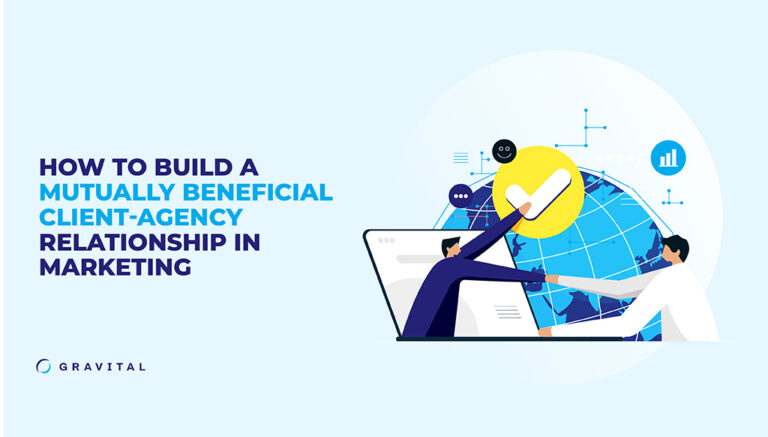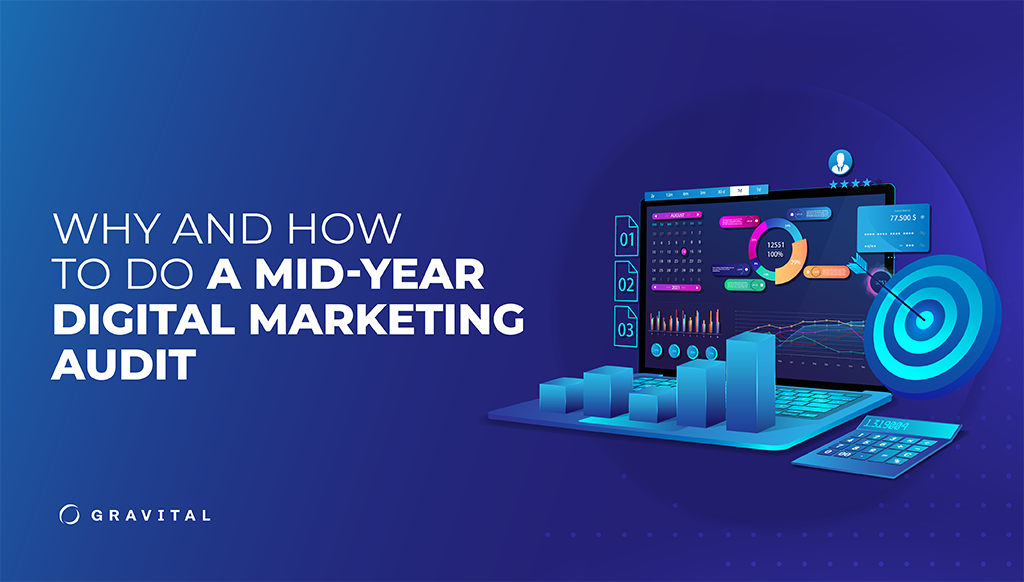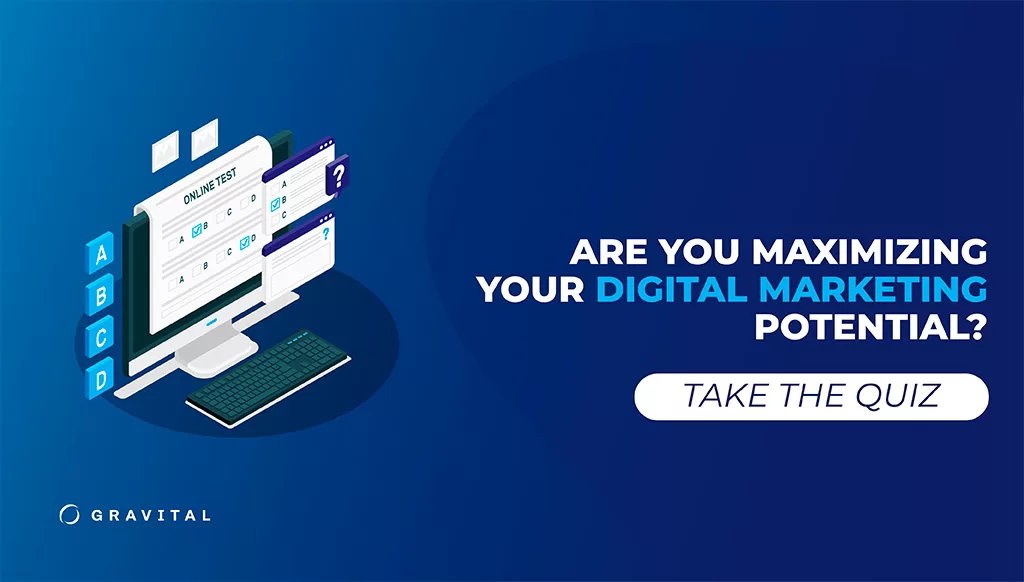Achieve Greater Success and Profit By Cultivating a Healthy and Productive Client-Agency Connection.
Creating and nurturing strong, mutually beneficial relationships helps clients (brands, companies) and marketing agencies be more profitable. Strong client-agency relationships are more likely to produce successful marketing projects and campaigns and added value in other business areas. What do these relationships look like and how do you build them?
Like any relationship between two or more parties, the client-agency relationship requires effective communication, collaboration, honesty, trust and mutual respect, among other vital traits. Both parties have equal responsibility in this relationship.
Some client-agency partners manage to build and maintain a successful rapport that can last a couple of decades, but others can’t make it past a couple of years. As in any other relationship, client-agency relationships go through ups and downs. Those who make a real effort to cultivate a solid foundation know how to get through these challenging times and achieve desired outcomes.
Why Is the Client-Agency Relationship Important?
Many industry experts agree that the quality of the client-agency relationship is the single biggest predictor of success in marketing.
This relationship determines how the two parties communicate and work together and how they overcome challenges. A good relationship positions both teams to do their best work and enjoy themselves in the process.
10 Tips to Improve Your Client-Agency Relationship
So how do you build a healthy relationship between a client company and a marketing agency?
Here are 10 ways or ground rules to follow to create and maintain strong relationships and attract the best possible outcomes for both sides.
1. Communicate Clearly
Effective communication is the most critical factor in the client-agency relationship. A lack of communication opens the door to misunderstandings, confusion, chaos and poor decisions that contaminate the relationship and erode trust.
At the most basic level, there should be a communication structure that both parties adhere to and a single principal point of contact on each side. For both, it’s better to over-communicate than under-communicate.
Agency
- Establish the communication formats to be used with the client: telephone calls, texts, emails, video conferencing, work spaces, etc.
- Set up regular status calls/meetings. Keep the client in the loop about the work in progress.
- Empower your account manager to handle all communication between you and the client.
- Inform the client about changes–projects, timelines, budgets, reports–as soon as possible.
- Reply to messages within a pre-established agreed upon time–for example, 24 hours.
- Put everything in writing, such as job requests, revisions and other changes.
- Provide quarterly reports. Use this opportunity to obtain business updates from the client.
- Improve your small-talk skills: remember that clients are people with personal lives outside work.
Client
- Communicate your goals, expectations and accountability clearly and concisely.
- Discuss the terms of communication: frequency and format.
- Empower your project manager to handle all communication between you and the agency.
- Provide the agency with information about your organization, brand, products, services, marketing strategies, business goals, etc.
- Avoid giving the agency mixed messages: make sure everyone in your team is aligned.
- Give feedback. The agency needs to know what it’s doing right and wrong in order to meet your expectations.
- Thoroughly check all written communication before sending it to the agency.
2. Define Your Expectations
Defining expectations early in the process is essential to ensure a smooth client-agency relationship.
Agency
- Make sure you understand what the client expects from you, such as marketing goals, communication terms, deliverables, reports and key performance indicators (KPIs).
- Define and communicate what you expect from the client.\
- Establish a clear approval process.
- Push back on unrealistic goals or KPIs.
- Whenever possible over-deliver.
Client
- Declare your expectations early on: contract and communication terms, business and marketing goals, progress updates, how involved you want to be, etc.
- Communicate what the agency can expect from you.
- Inform the agency whenever your expectations have not been met.
3. Learn Their Business
While the agency must understand the client’s business in order to execute effective marketing campaigns, the client, too, can benefit from understanding the agency’s business.
Agency
- Make sure you thoroughly understand your client’s business, including its vision, mission, values, strategic goals, brand, industry, products, services, customers and target audience.
- Gather information by asking smart questions and doing research.
Client
- Educate yourself about marketing, from buyer personas and target audiences to marketing tactics and channels, metrics and analytics, the customer’s journey, and other elements of marketing that will facilitate your communication and relationship with the agency.
4. Set Realistic Timelines and Stick to Them
Clients and agencies share the responsibility of setting up realistic timelines and deadlines and complying with them. Plans don’t always work out as planned–technology breaks down, people get sick or go on vacation, pandemics happen.
Agency and Client
- Set timelines and deadlines, and do your best to keep them.
- Be open to unforeseen schedule revisions.
5. Assign the Right Person for the Job
The wrong account or project manager can severely hinder a client-agency relationship. Therefore, it is imperative to hire or assign people who have the right hard and soft skills to perform these jobs.
Account managers need to be client smart. Project managers need to know how to deal with outsourced partners such as marketing agencies. And the two must be able to work together openly and respectfully.
Agency and Client
- Hire people who have the knowledge and skills needed to serve as exceptional account/project managers, and/or train talented current employees to do this job.
- Make sure that your account/project managers understand the scope of work and their roles and responsibilities.
- Have the right systems in place. Without the right systems the right person cannot do a good job.
- Consider an account/project manager’s expertise, background, personality, communication style, work habits and interests before assigning that person to a client/agency.
- Arrange for everyone in your team who is involved with the account to meet the other team.
- Watch out for overwhelmed account/project managers and provide assistance when necessary.
6. Listen Carefully and Be Responsive
Both agency and client need to actively listen to each other and be proactive in responding to any communication, actions or events that transpire between their teams.
Agency
- Listen to the client’s wants and needs. Repeat what you hear back to them to ensure that you’re on the same page.
- Be responsive to your clients’ concerns. Don’t brush them off and don’t invalidate them.
- Meet your deadlines.
- Share your industry finds.
- Provide honest feedback.
Client
- Listen to your agency’s recommendations. You hired the agency for its expertise. So let the agency do its job and help you make better marketing decisions.
- Respond to requests for information, approvals and revisions in a timely manner.
- Provide honest feedback.
- Share your industry finds.
- Pay on time.
7. Don’t Ask for Too Much
This is a particularly difficult area. Clients and agencies often ask too much from each other. Chances are team members on both sides are spread very thin, so keep that in mind. By asking too much, you run the risk of pushing the other party to tune you out.
Agency and Client
- Think before asking. Cautiously evaluate your needs and the other party’s needs before making a request. Put yourself in their shoes.
8. Give Honest Feedback
Without feedback neither the agency nor the client can communicate effectively and meet each other’s expectations. You need honest feedback to make the kind of decisions that lead to successful campaigns and other desired outcomes.
Agency and Client
- Be truthful with each other. Avoid fibs, omissions and exaggerations.
- If you’re unsure about your feedback, ask questions and gather more information.
- If you’re unsure about their feedback, ask them to clarify it.
- Share your concerns early.
- Always be ready to explain your point of view.
- Watch your tone and attitude when providing and receiving feedback.
- Avoid being defensive.
- Do your best to be receptive.
- Be proactive rather than reactive.
- Focus on providing positive solutions, not dwelling on the problems.
- Check your ego at the door.
9. Develop a Collaborative Partnership
When agencies and clients forge healthy relationships, the quality of the work produced and the results achieved are significantly better. A collaborative relationship means working together on projects instead of one side telling the other what to do. The focus is on collaboration, not on transaction.
Agency and Client
- Be patient. Collaborative working relationships take time.
- Treat each other like business partners.
- Nurture mutual respect.
- Stay in touch. Communicate effectively.
- Adapt to each other’s working styles.
- Focus on ideas rather than on people.
- Continually improve your tools, processes and systems to facilitate collaboration.
- Create and follow a healthy conflict resolution process.
- Celebrate good work and results.
Agency
- Grant access to people outside your team who have something to contribute.
- Involve the client in the marketing efforts, whether it involves ad campaigns, content or any other tactic.
- Beware, however, of too many cooks in the kitchen. The decision-making process should remain streamlined.
- Give access to agency knowledge, tools and systems that can be useful to your clients.
- Pay attention to your clients’ corporate culture.
Client
- Learn about the agency’s creative philosophy and process.
- Reject preconceived ideas and assumptions about what is like to work with an agency.
- Communicate your preferences, concerns, likes and dislikes.
- Trust the agency’s marketing expertise.
- Avoid threats and ultimatums.
10. Focus on Building Trust
For clients, working with an agency requires relinquishing some control. Many clients find that incredibly difficult. But to get the most out of the client-agency relationship and achieve results, clients have trust the agencies, and agencies must prove themselves trustworthy.
Agency and Client
- Establish collaborative partnerships that breed trust.
- Be transparent in all your dealings.
- Emphasize honest communication.
Agency
- Take the time and make every effort to know your clients and their business.
- Meet your deadlines.
- Include a confidentiality clause in your contract.
Client
- Do not micromanage your agency. Trust its expertise.
- Confront any problems early. Do not let them fester.
- Remember that agencies are not employees to do your bidding. They are your partners in a relationship that is designed to be mutually beneficial.
Closing Thoughts
Strong client-agency relationships don’t happen automatically nor overnight. But they’re worth pursuing because they produce more successful projects, deliver better outcomes, and make work more fun for everyone involved. In the end, a good client-agency relationship can translate into more sales, higher profit and growth for both parties.


